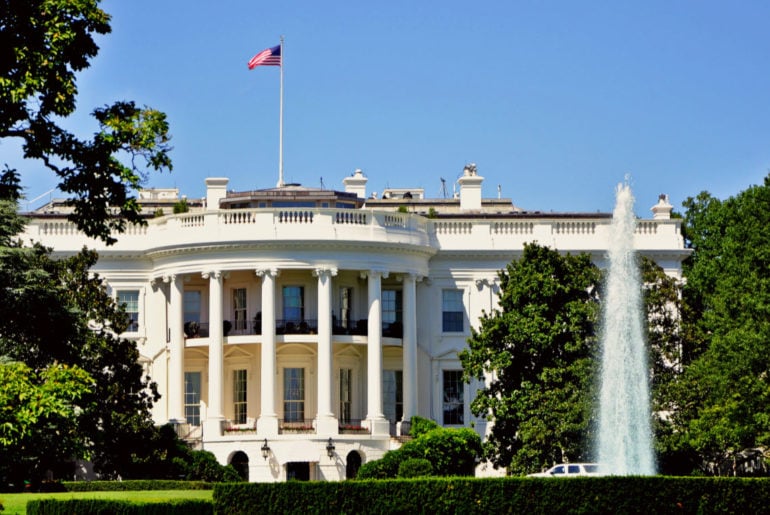In this annual webinar series, we are putting a spotlight on warehousing arrangements. Our speakers will update you on legislative and customs developments, share insights into the current practices of authorities, and provide practical tips on how you can identify opportunities, maximize benefits and mitigate risks when utilizing these warehouses as part of your supply chain solutions.
On November 3, 2021, the Commerce Department’s Bureau of Industry and Security (“BIS”) issued a final rule adding the following four entities to the Department of Commerce Bureau of Industry and Security Entity List: Candiru (Israel), NSO Group (Israel), Computer Security Initiative Consultancy PTE (Singapore), and Positive Technologies (Russia). The addition of the four entities comes after the October 21, 2021 publication of an interim rule by BIS establishing controls on the export, re-export, and in-country transfers of items that may be used for malicious cyber activities and is part of the ongoing effort by the Biden-Harris Administration to combat the use of digital tools for repression.
Operators may request a binding information decision from the relevant customs authorities in the EU, in order to obtain certainty about the application of customs legislation in respect of the tariff classification or the origin of imported goods across the EU. Currently, EU customs legislation does not facilitate the issuing of a binding information decision in respect the value of imported goods. This can present real challenges for importers where customs authorities across the EU adopt differing approaches on customs valuation matters, which is not uncommon, particularly for the most complex valuation matters (e.g. treatment of royalties/licence fees, assists, transfer pricing adjustments, etc.).
On November 2, the United States District Court for the District of Columbia dismissed the suit brought by a class of child laborers who mine cobalt in the Democratic Republic of Congo against several US tech companies under the Trafficking Victims Protection Reauthorization Act (“TVPRA”) and several common law based causes of action. TVPRA allows victims of human trafficking and certain other crimes such as forced labor to bring civil claims against those who knowingly benefitted from these crimes. Here, the complaint was based on two alleged TVPRA violations: forced labor and trafficking with respect to peonage, slavery, involuntary servitude, or forced labor.
On 1 November 2021, the UK Office of Financial Sanctions Implementation published an updated Charity Sector Guidance and a blog post in response to Afghanistan’s Taliban takeover in August. A copy of the Guidance is available here.
On 2 November 2021, the Ministry of Commerce of China officially released the revised Catalogue of Technologies Subject to Import Prohibition and Restriction, effective immediately, which identifies, among others, foreign “data encryption technology employing a key length greater than 256 bits” as a technology that requires import permit when transferred to a Chinese party.
On 30 October 2021, the president of Ukraine enacted four decisions of the National Security and Defense Council of Ukraine imposing personal special economic and other restrictive measures. The Decisions impose extensive sanctions restrictions, including, among others, asset freezes, restriction on the exit of capital from Ukraine, a ban on trade operations and the transit of resources, flights and transportation within the territory of Ukraine, and the suspension of the performance of economic and financial obligations, etc., upon legal entities and individuals involved in various activities.
Join us for an international conference at which Baker McKenzie experts will share the most recent developments in the areas of sanctions, export controls, anti-corruption legislation, customs and Russian trade protectionism. The Russia Trade Days event will take place from 7 – 10 December 2021.
During the latest session of the Technical Committee on Customs Valuation, the TCCV adopted Advisory Opinion 4.19, a new instrument on royalties and license fees under Article 8.1(c) of the Customs Valuation Agreement.
On 31 October 2021, the EU and US issued a joint statement announcing that they had reached an agreement to end their dispute over steel and aluminum tariffs. This agreement removes the US “Section 232” tariffs on imports of EU steel and aluminium, imposed during the Trump administration, whilst the EU has agreed to suspend additional duties imposed on US goods in retaliation. Both sides have also agreed to suspend disputes initiated against each other at the WTO in relation to the tariffs.



